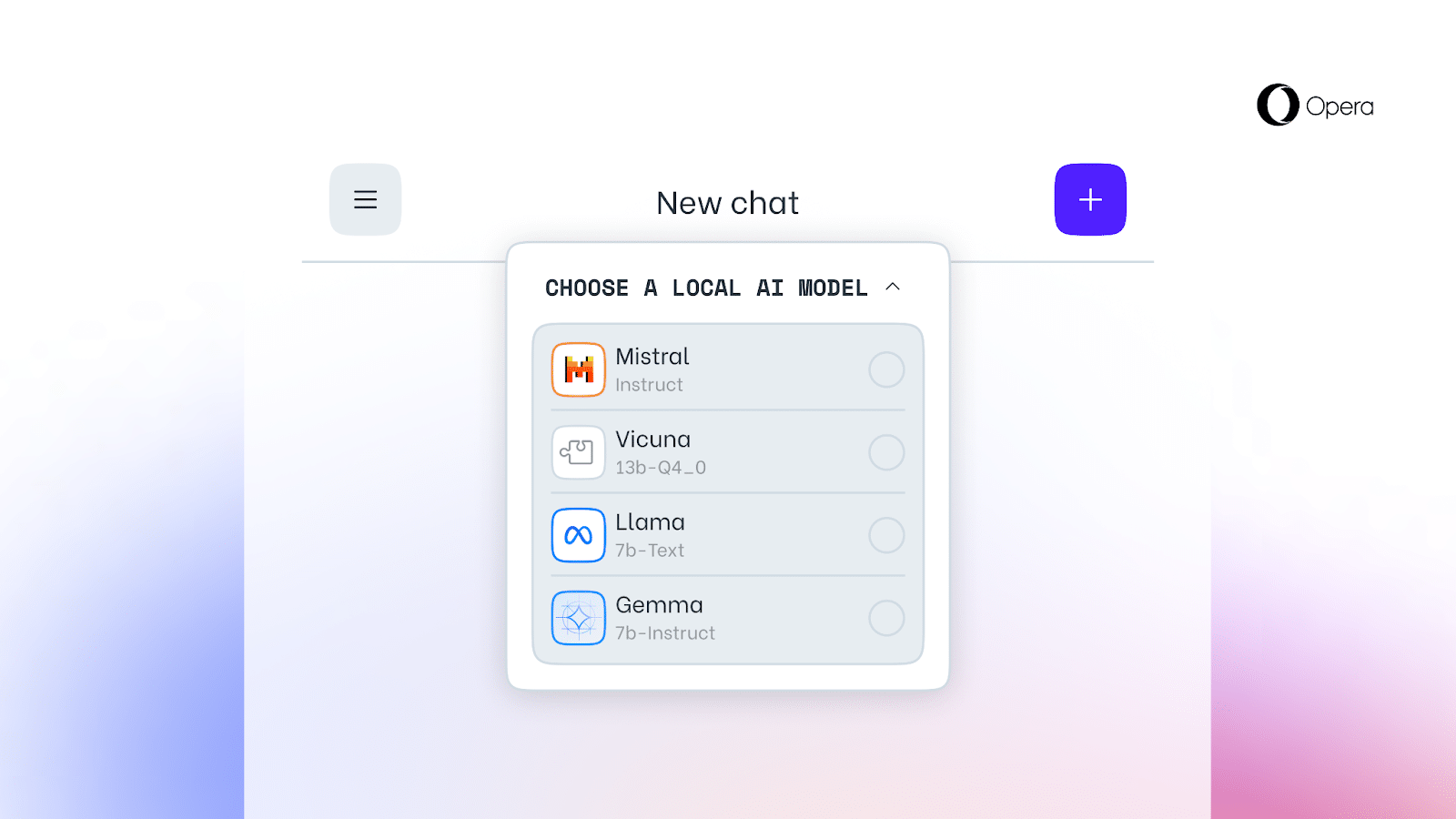
Microsoft collaborates with Quantinuum and Atom Computing to advance quantum computing
Microsoft is continuing its efforts to develop quantum computing through its Azure Quantum platform, with the goal of addressing complex scientific and industrial challenges. The company has made progress in qubit technology and hardware integration through collaborations with industry leaders Quantinuum and Atom Computing. These partnerships represent a step toward building a reliable quantum computing infrastructure capable of handling problems that go beyond the scope of classical computers.
In its collaboration with Quantinuum, Microsoft has successfully created and entangled 12 logical qubits using an improved qubit-virtualization system. This achievement sets a record for the largest number of entangled logical qubits, offering higher fidelity for more reliable quantum computations. Microsoft and Quantinuum are focused on advancing quantum capabilities in fields such as chemistry, physics, and life sciences, particularly in simulating complex chemical reactions and predicting molecular interactions.

The importance of preparing data for AI integration
Despite the importance and timely arrival of the EU AI Act, there remain some major compliance concerns and the impact it will have on AI adoption and governance strategies. In fact, a recent survey found that having the proper AI governance in place is a top priority for 41 percent of business decision-makers. However, around one-quarter of UK firms have yet to make preparations for AI, and this is partly due to lingering confusion over their obligations.
Yet, the requirements set out by the Act are specific, particularly for “businesses or public authorities that develop or use AI applications that constitute a high risk for the safety or fundamental rights of citizens.” This high-risk category can include anything from law enforcement and employment systems to those used by life sciences and critical infrastructure organizations.

Should Google be worried about OpenAI's SearchGPT?
As OpenAI rolls out its SearchGPT prototype, a question looms large: Should Google feel threatened by this new entrant in the search engine landscape? SearchGPT promises a revolutionary approach to online search by integrating AI capabilities with real-time web information, potentially changing how users interact with search engines.
SearchGPT is designed to streamline the search experience, providing direct answers with clear sourcing, which could make searches faster and more relevant. This AI-enhanced tool also emphasizes a strong partnership with publishers and creators, aiming to boost the discoverability of high-quality content. Such features might appeal to users who are increasingly looking for efficient and reliable information retrieval methods.

Opera One web browser enhances AI capabilities: Adds local Large Language Models (LLMs) in developer stream
Opera has announced a huge AI update to its Opera One web browser in the developer stream. The company is introducing experimental support for 150 local Large Language Models (LLMs) across approximately 50 different model families. This innovative feature allows users to easily access and manage local AI models directly from the browser, a first in the industry.
The supported local LLMs include notable names such as Llama from Meta, Vicuna, Gemma from Google, Mixtral from Mistral AI, among others. The inclusion of local LLMs means that users can now leverage generative AI capabilities without the need to send data to external servers. This ensures that user data remains on the device, enhancing privacy and security.
